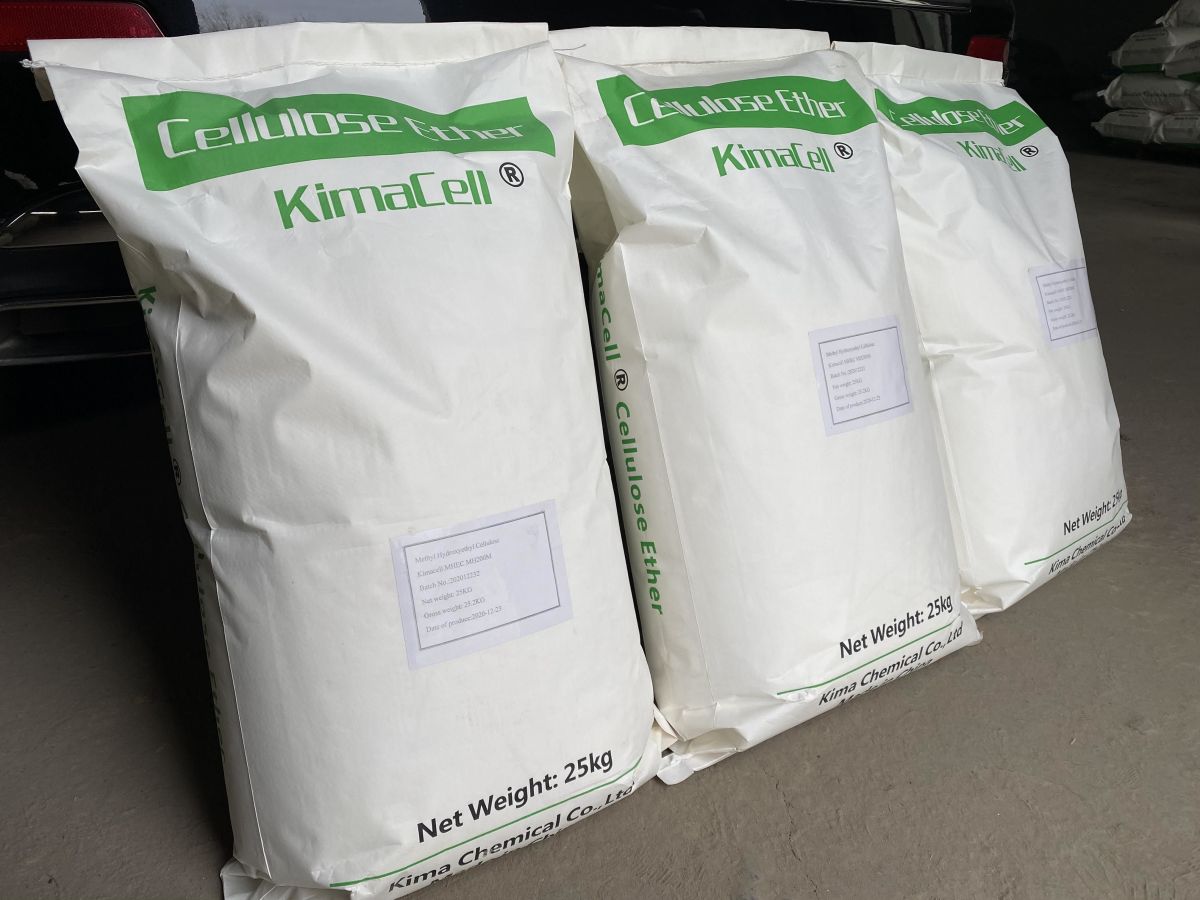The influence of cellulose ether on the adhesion of mortar
The influence of cellulose ether on the adhesion of mortar
Introduction
The use of cellulose ether in mortar has become increasingly popular in the construction industry. Cellulose ether is a polymer derived from cellulose, which is found in plant cell walls. It is used as an additive to improve the performance of the building materials. One of the primary benefits of using cellulose ether in mortar is its ability to improve the adhesion properties of the material.
The objective of this paper is to discuss the influence of cellulose ether on the adhesion of mortar. The paper will begin by discussing the properties of cellulose ether and how it affects the adhesion of mortar. It will then discuss the different types of cellulose ether and their properties. Finally, the paper will conclude by discussing the benefits of using cellulose ether in mortar.
Cellulose Ether Properties
Cellulose ether is a water-soluble polymer that is derived from cellulose. It is commonly used as an additive in construction materials as it improves the properties of the material. The polymer is made up of glucose molecules that are connected by a β-1,4-glycosidic bond. The cellulose ether molecules are then modified to suit specific applications.
Cellulose ether improves the adhesion of mortar by acting as a binder. It increases the viscosity of the mortar, allowing it to adhere to surfaces better. The cellulose ether molecules also have a high affinity for water, which allows them to absorb and retain moisture.
Types of Cellulose Ether
There are different types of cellulose ether that are used in the construction industry. The three most commonly used types are hydroxyethyl cellulose (HEC), methyl cellulose (MC), and carboxymethyl cellulose (CMC). Each type of cellulose ether has its own unique properties, which make it suitable for different applications.
Methyl Cellulose (MC)
Methyl cellulose is a type of cellulose ether that is commonly used in the construction industry. It has excellent water retention properties, which make it suitable for use in dry-mix mortars. MC also has a thickening effect when added to water, making it ideal for use in rendering and plastering mortars. Another property of MC is its ability to improve the cohesion of mortar, which enhances its mechanical properties.
Hydroxyethyl Cellulose (HEC)
HEC is another type of cellulose ether that is commonly used in the construction industry. It is known for its excellent water retention properties, which make it suitable for use in wet-mix mortars. The polymer also has a thickening effect when added to water, making it ideal for use in tile adhesives and grouts. HEC improves the adhesion of mortar by acting as a binder, which increases its ability to adhere to surfaces.
Carboxymethyl Cellulose (CMC)
CMC is a type of cellulose ether that is commonly used in the construction industry. It is known for its excellent water retention properties, which make it suitable for use in all types of mortars. CMC has a high viscosity, which makes it suitable for use in mortar that requires a high degree of workability. The polymer also improves the adhesion of mortar by acting as a binder.
Benefits of Using Cellulose Ether in Mortar
The use of cellulose ether in mortar has several benefits. Firstly, it improves the adhesion of the material, allowing it to adhere to surfaces better. Secondly, it improves the workability of the mortar, making it easier to apply. Thirdly, it improves the water retention properties of the material, allowing it to retain its properties over time. Finally, it enhances the mechanical properties of the mortar, increasing its durability.
Conclusion
Cellulose ether is a water-soluble polymer that is derived from cellulose. It is commonly used as an additive in construction materials as it improves the properties of the material. The polymer improves the adhesion of mortar by acting as a binder, which increases its ability to adhere to surfaces. There are different types of cellulose ether that are used in the construction industry and each type has its own unique properties. The benefits of using cellulose ether in mortar include improved adhesion, workability, water retention, and mechanical properties.
